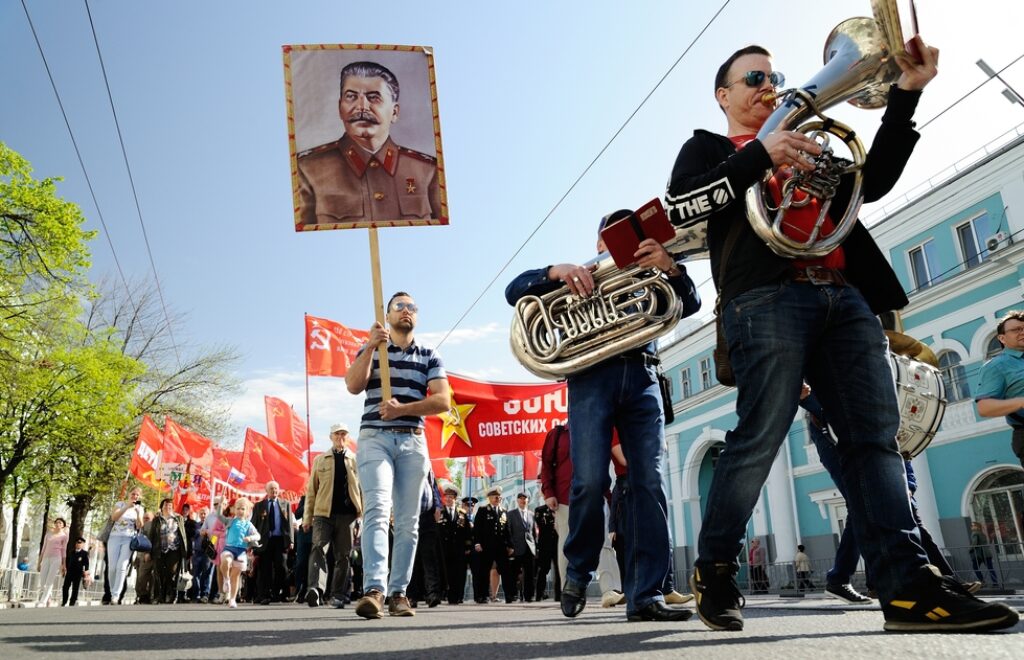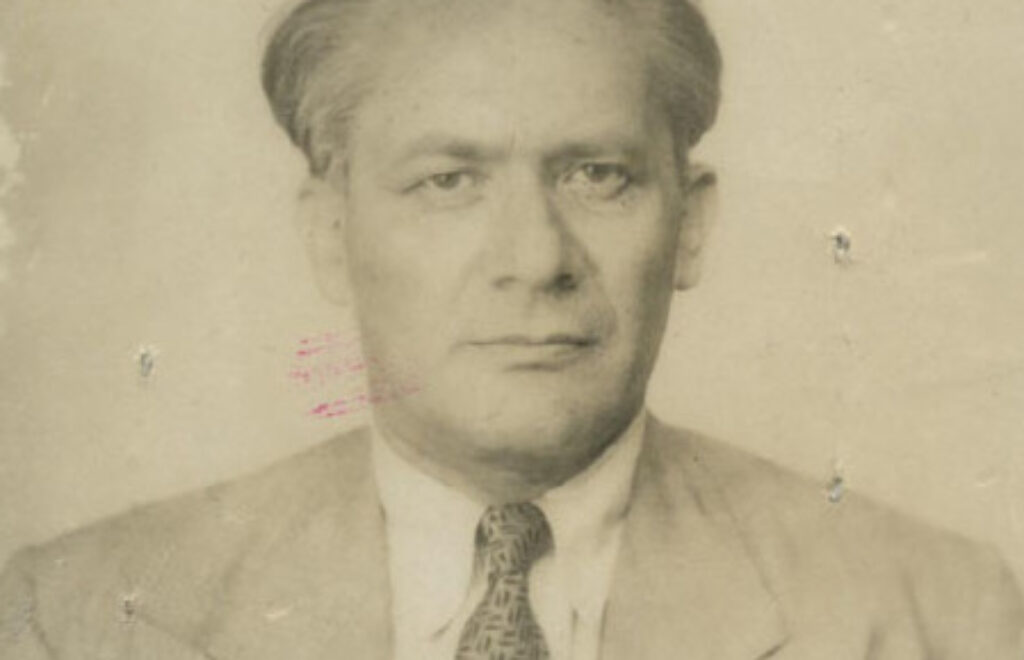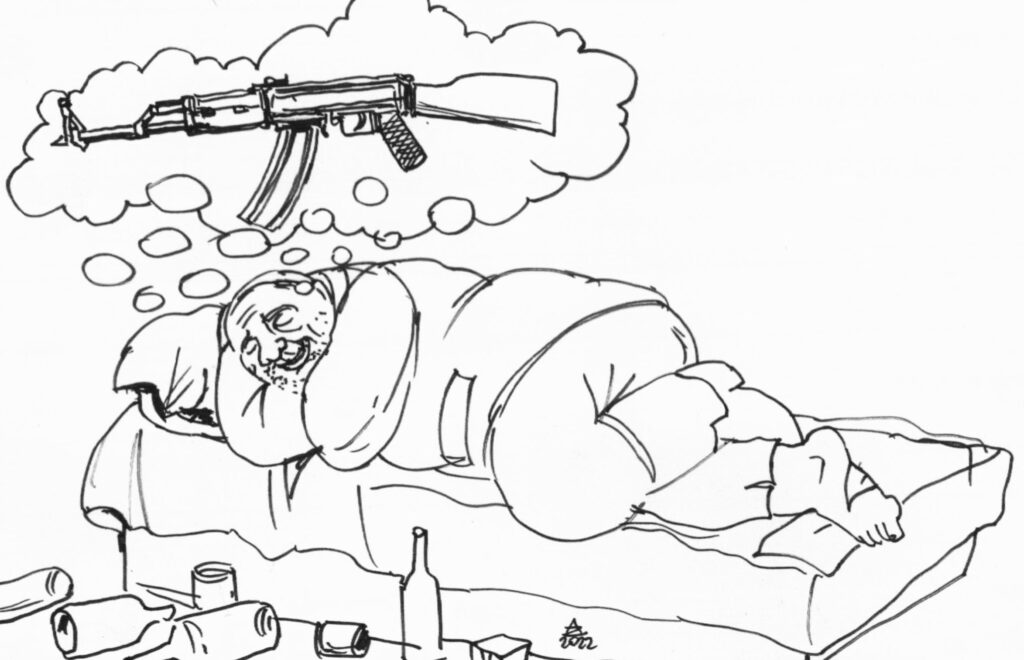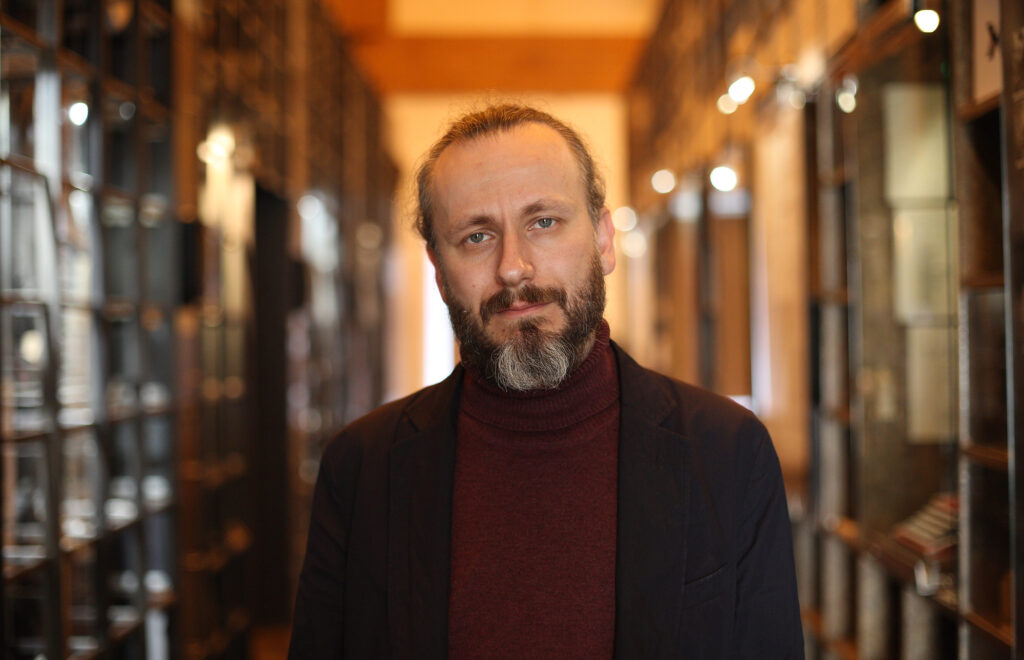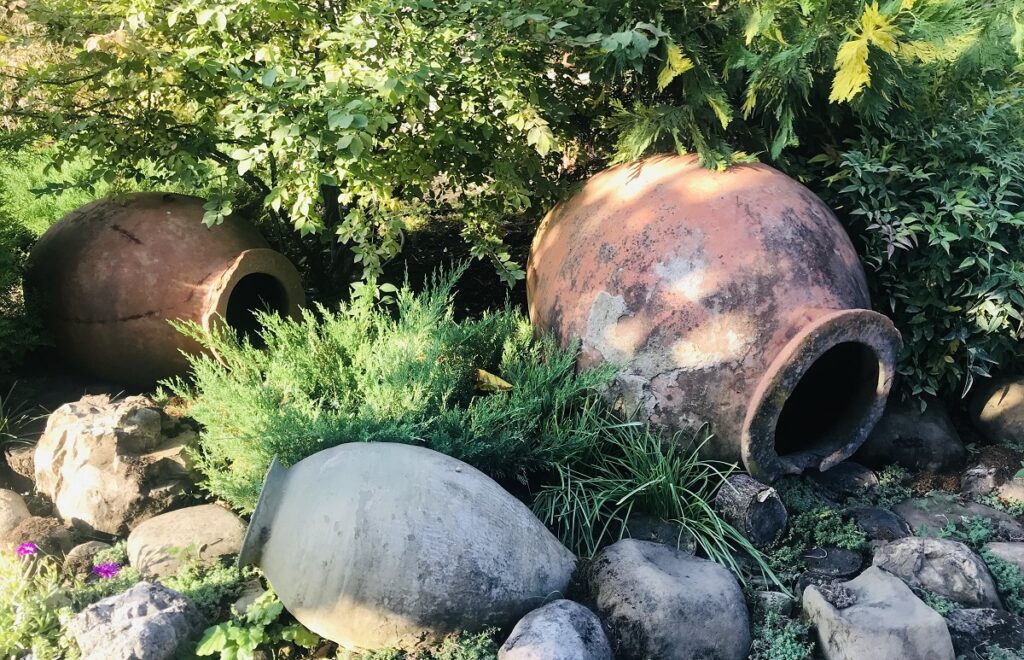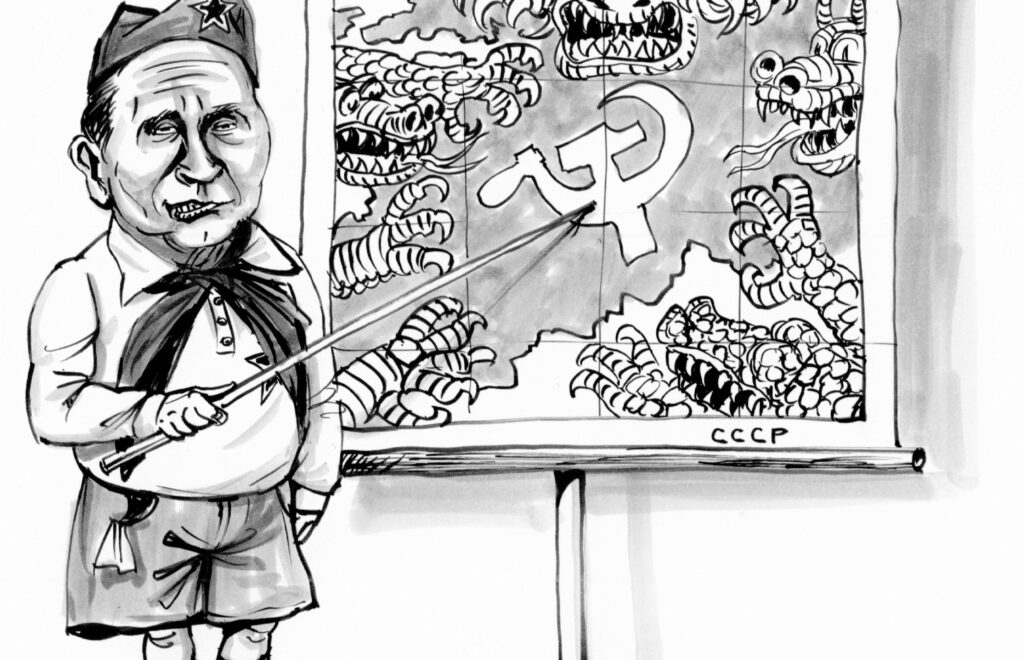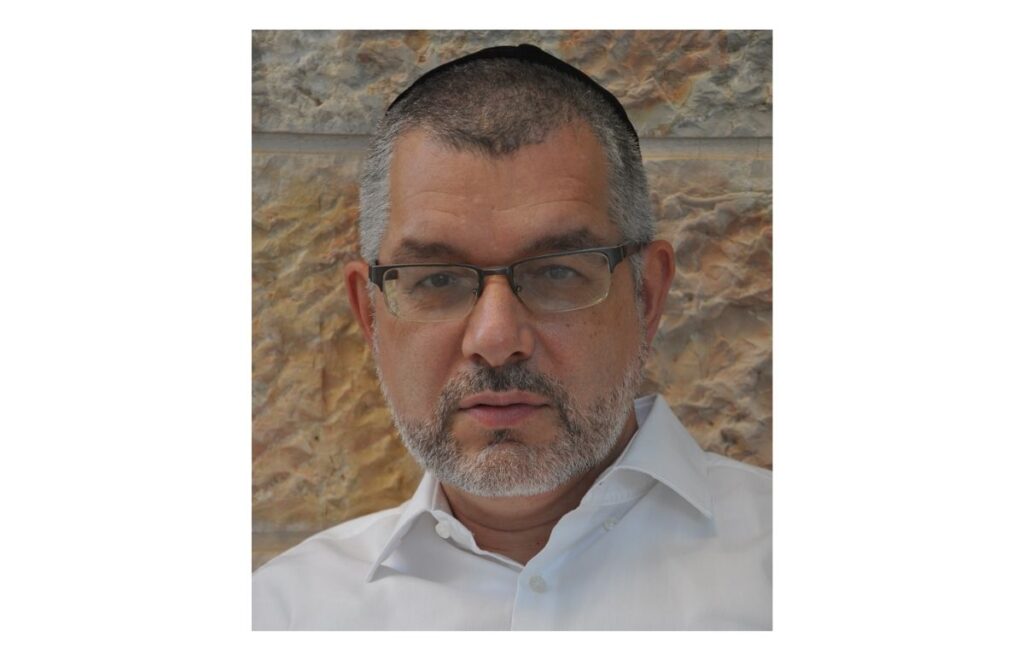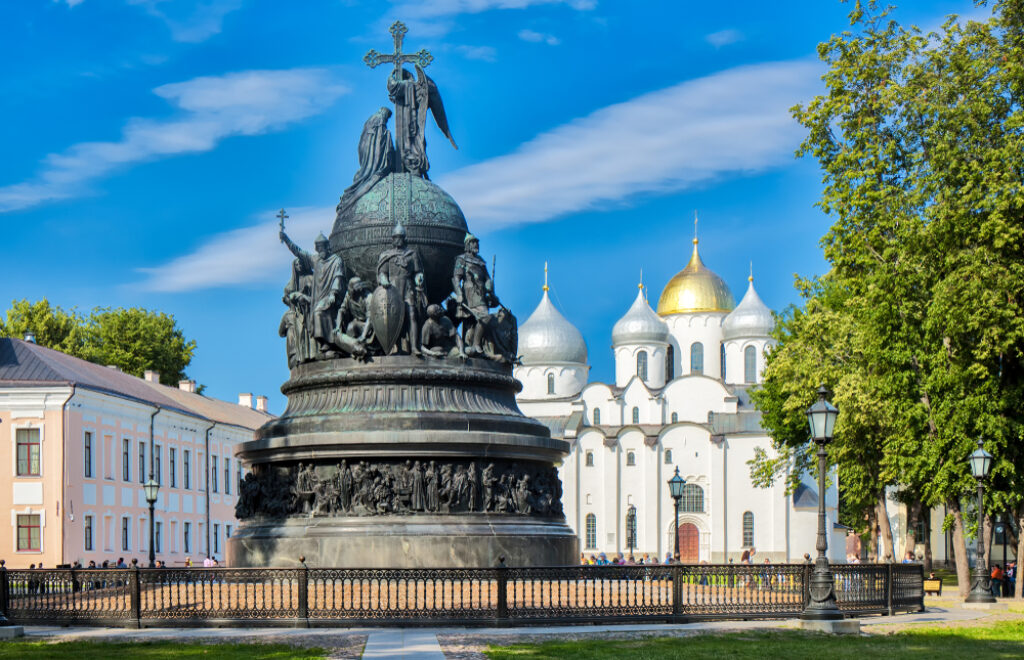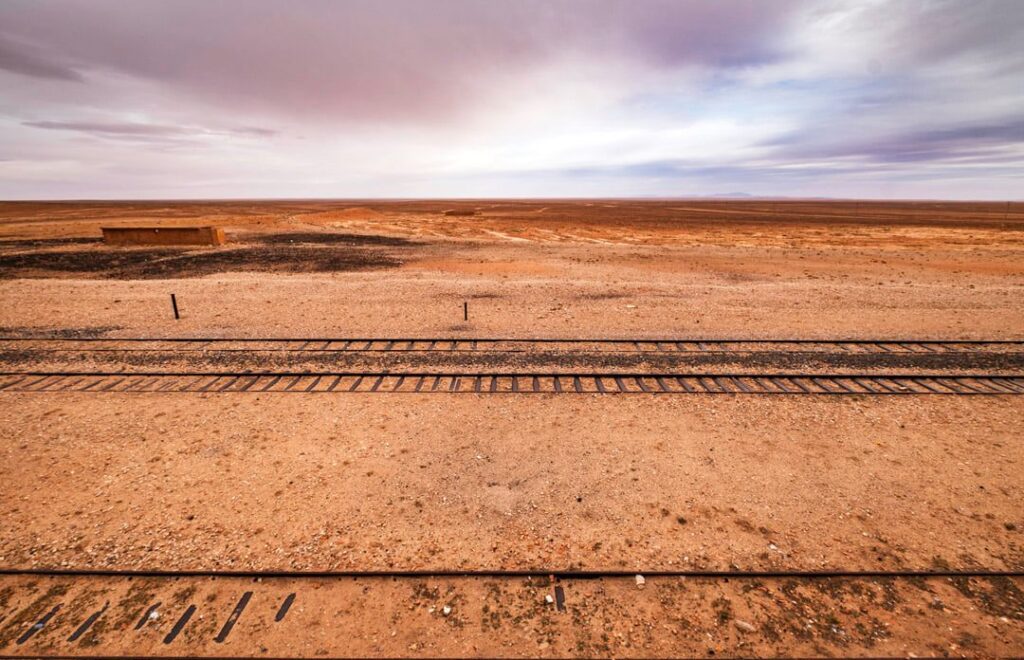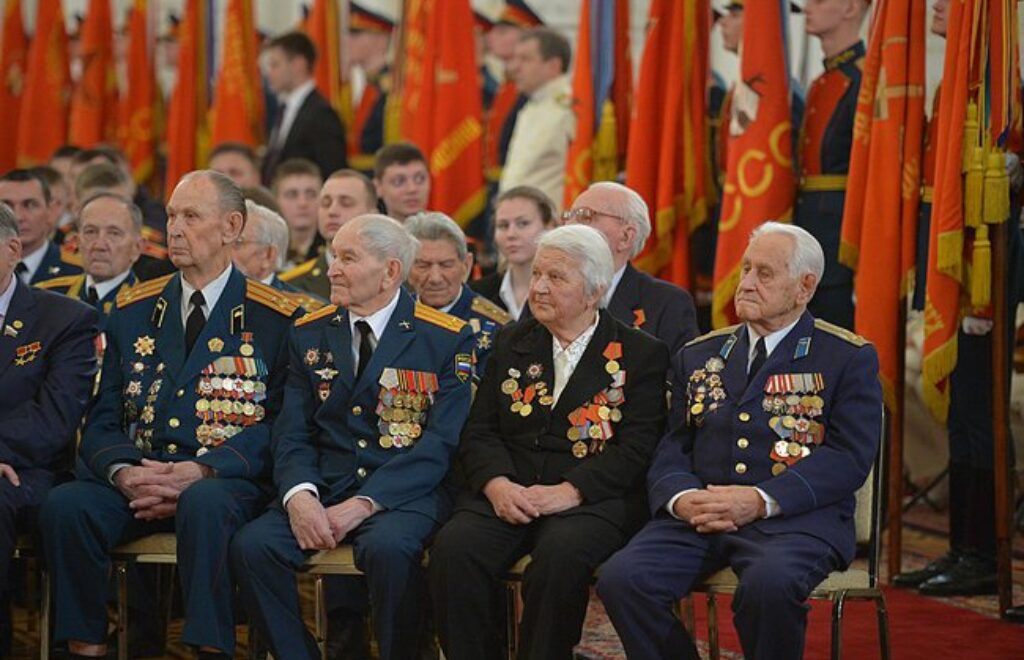Learning “history” with Putin
Russia’s invasion of Ukraine began on February 24th with Putin’s announcement of a “special military operation”. His announcement followed a speech he made on February 21st, in which he outlined his justifications for the recognition of the Donetsk and Luhansk regions’ independence. He took his audience on a bizarre “history lesson”, first outlining the country’s founding, when Russia was more commonly associated with Kyivan Rus’ (yet Putin often omits the “Kyivan” aspect).
April 25, 2022 - Allyson Edwards



